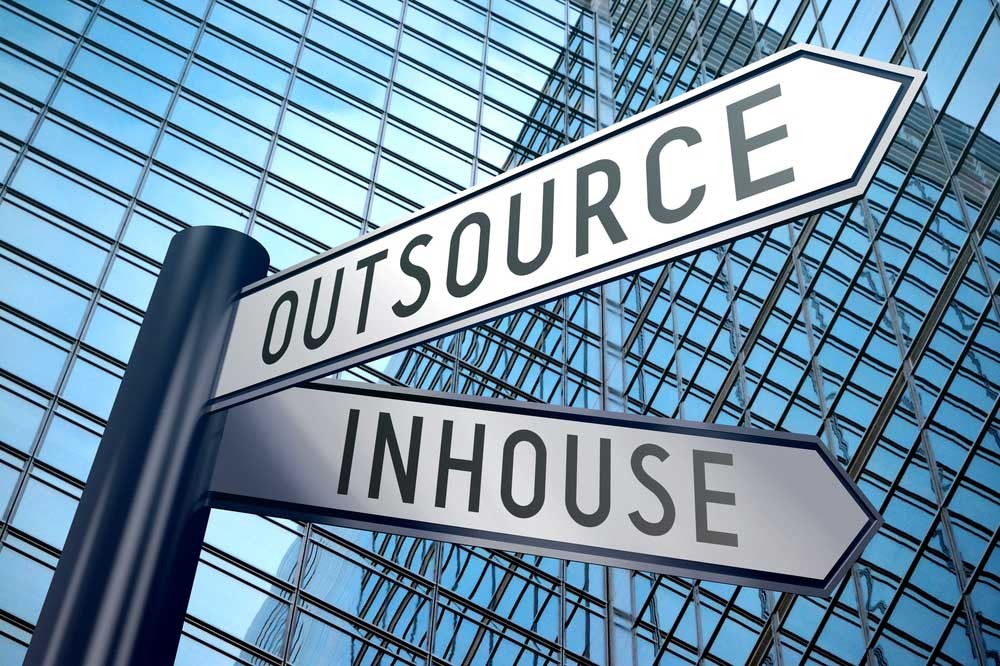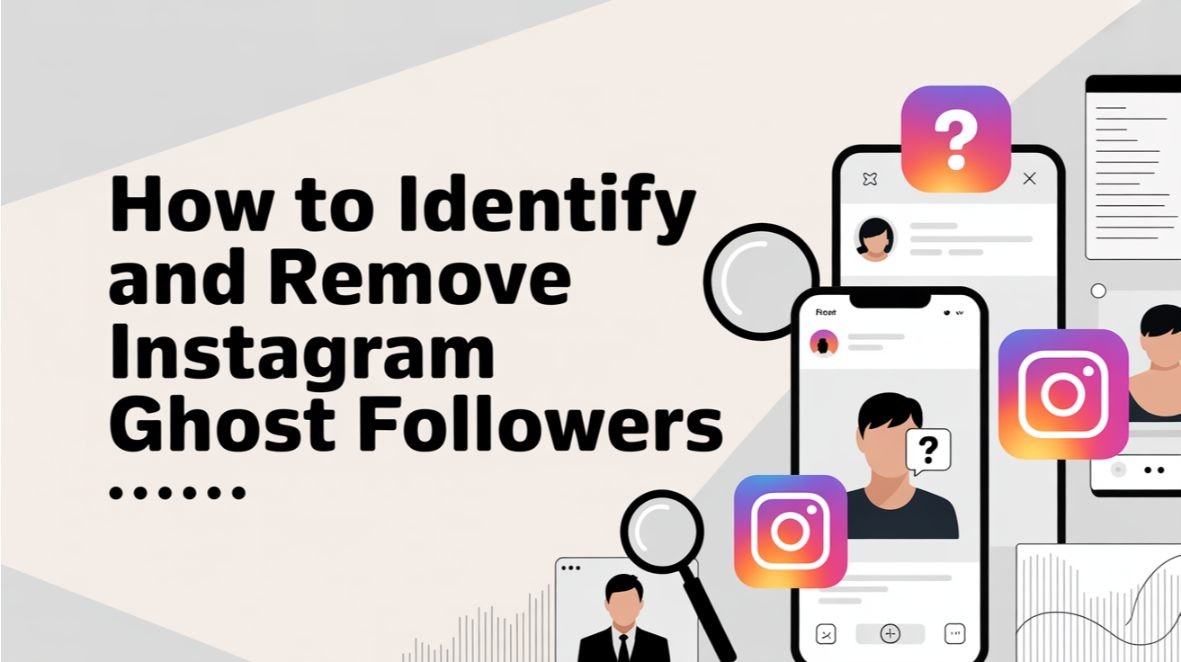What to Do If Your Facebook Account Is Hacked and Your Email Is Changed

From beginning my career as a software engineer and architect to becoming the managing director of SpiderWorks Technologies, I have explored various domains, including blogging, digital marketing training, and digital marketing and web development services. I started my first blog in 1998—the same year Google came into existence—and since then, I’ve witnessed the entire digital revolution unfold firsthand, from the birth of search engines to the rise of social media platforms like Facebook. Today, Facebook is used by billions of people to connect with friends and even run a business. But with that widespread use comes increased vulnerability, and one such vulnerability is getting your account. Many people have experienced account hacking, so it's important to know what to do if you ever find yourself in that circumstance so you can recover your account. Let's think about a situation in which your email is changed and your Facebook account is hacked. What will you do? Stay calm and follow the steps I'm about to walk you through.
How to Know If Your Facebook Account Has Been Hacked
So, how do you even know if your Facebook account has been compromised? Here are some signs to look for.
Signs of Unusual Activity on Your Facebook Account
Posts, messages, or comments that you didn't write. This is often the most obvious red flag. If your friends start asking about a bizarre link you shared or a strange message you sent, your account might be in someone else's hands.
Unrecognized devices or locations where your account was accessed. Facebook usually notifies you when someone logs in from a new device or location. If you see a login from a city you've never been to or a device you don't own, that's a huge warning sign.
Changes to your Facebook profile, including your email address or password. It's likely that a hacker has changed your login information if you find yourself unable to log in or if you receive an unsolicited "password reset" email. Your name, birthday, and other profile details may also be changed.
What to Do When You Spot Suspicious Activity
If you notice any of these signs, don't panic, but act quickly.
Check Your Login History: This is your first crucial step if you can still access your account. Go to Settings > Security and Login to view your login activity. This section shows all active sessions, including the device type, location, and time.
Immediately Secure Your Account: If you spot any unfamiliar activity, you need to secure your account right away. This often means changing your password and logging out of all unrecognized sessions.
The First Steps to Take When Your Facebook Account Is Hacked and Email Is Changed
After confirming that your account has been compromised, it's imperative that you act right away. Here's how to start the recovery process:
Log Out of All Devices
Go to Settings & Privacy > Settings > Security and Login > Where you're logged in, select "Log Out Of All Sessions."
Change Your Password
If you still have any access, or if Facebook's initial recovery process allows it, change your password immediately. Make it strong and unique—a mix of uppercase and lowercase letters, numbers, and special characters.
Use Facebook's "Compromised Account" Form
Facebook has a dedicated page for this exact situation. Go to facebook.com/hacked. It will ask for your account's current password or even a previous one you've used. This helps Facebook verify it's really you trying to regain access.
How to Recover Your Facebook Account Without Access to Your Email
Facebook offers different ways to recover account control in the event that hackers change your email.
Using Trusted Contacts
If you've set up Trusted Contacts in your Facebook security settings, this feature can be a lifesaver. Facebook will send special codes to these chosen friends. After that, you could ask them for the code, which would allow you to log in again.
Recover Your Account with Your Phone Number
Facebook accounts can be recovered quickly with linked phone numbers. At facebook.com/login/identify, you can request an SMS verification code, allowing access without needing email, facilitating faster account retrieval.
How to Use Facebook’s Account Recovery Page
Even if your email and phone number have been changed, Facebook tries to help. Go to facebook.com/login/identify.
Enter your original email or phone number: Even if it's no longer linked, try the one you originally used to create the account.
Enter your name or profile URL: Try using your full name or the URL of your Facebook profile to search for your account if the first step doesn't work.
If Facebook finds your account but shows a hacker's email or phone number, look for an option like "No longer have access to these?" or "Cannot access my email." Facebook would then initiate a procedure where you may be required to provide a photo of your ID as proof of ownership. Although it may take more time, this is often the last choice after all others have failed.
Getting Help from Facebook Support: What to Expect
The next important action is to contact Facebook support directly if you've tried all the automated recovery methods and remain locked out.
Reporting a Hacked Account to Facebook
Visit the Facebook Help Center
Go to Facebook's Help Center. Click on 'Login, recovery, and security.’ From the drop-down, click on 'Account recovery.' You'll find articles and forms specifically designed for reporting account compromises. Follow their instructions carefully.
Facebook support can look into your case, confirm your identity (if you provided identification), and, if everything checks out, allow you to access your account again. They can reverse the hacker's changes, restore your access, and assist in deleting any fraudulent posts the hacker may have made.
Also read: How to Recover a Disabled Facebook Account?
How to Secure Your Facebook Account After a Hacking Incident
After you've successfully restored your account, it's essential that you protect it going forward. You do not wish to repeat this experience. Here's what I advise to avoid such breaches in the future:
Set Up Two-Factor Authentication (2FA)
Two-Factor Authentication (2FA) adds an extra layer of security. Without the code received on your phone or an authenticator application, a hacker is unable to enter your account even if they acquire your password.
Go to Settings & Privacy > Settings > Meta Accounts Center > Password and Security > Two-Factor Authentication.
Choose an authenticator app (like Google Authenticator or Microsoft Authenticator) over SMS messages for codes, as SMS can be less secure.
Review Your Account’s Privacy Settings
Go to Settings & Privacy > Privacy Checkup. This feature guides you through important privacy settings like who can see your posts, how people can find you, and data settings.
Restrict access to your personal information, pictures, and even your friend list. The fewer details a hacker can get, the better it is.
Regularly Monitor Your Account Activity
Make it a habit to check your login history.
Periodically visit Settings > Security and Login > Where You're Logged In. If you spot any unfamiliar devices or locations, log them out immediately.
How to Protect Your Facebook Account from Future Hacks
Particularly when it comes to internet security, preventing problems is better than fixing them. Here are my top suggestions for safeguarding your Facebook account:
Use Strong, Unique Passwords
Create long, complex passwords that combine uppercase and lowercase letters, numbers, and symbols.
Never reuse passwords. A breach in one account doesn’t mean all your others are at risk. Use a password manager to create and store unique passwords.
Keep Your Email Account Secure
Often, your email serves as the entry point to all of your other accounts, including Facebook.
Make sure two-factor authentication is enabled and that your email has a strong, one-of-a-kind password.
Regularly monitor your email for any unusual login alerts or password reset requests you didn't initiate. Your Facebook password can be easily changed by a hacker if your email is compromised.
Be Aware of Phishing Scams
Phishing is a common way hackers trick you into giving them your login details.
Be suspicious of unsolicited messages or emails.
Never click on suspicious links
Don't download attachments from unknown senders.
What to Do If You Can't Recover Your Hacked Facebook Account
Despite attempting all options, you may still find it impossible to regain access to your hacked Facebook account. This is incredibly frustrating, especially if your livelihood or social connections depend on it. Nonetheless, there are several options you can explore.
If the hacker is misusing your identity for illegal activities, or if your business is significantly affected, you may need to notify law enforcement.
Explore Legal or Official Options
File a police report: To report identity theft or unauthorized access, get in touch with your local police department. This creates an official record that can be helpful for further steps.
Report to relevant authorities: Depending on your location and the nature of the fraud, consider reporting it to national cybercrime units. They might offer guidance or have specific procedures for online fraud.
Contact Facebook Through Social Media
Although Facebook's official support channels can be slow, public outreach can often attract attention. Publicly tweeting at their official support accounts can sometimes prompt a quicker response. You can also use other Meta platforms such as Instagram or WhatsApp to find ways to report linked account issues.
CONCLUSION
The experience of being hacked on Facebook can feel like a complete invasion. It's a stressful experience that not only threatens your online identity but can also have real-world impacts on your privacy and finances. But as I've shared, recognizing the early signs of unusual activity is your first line of defense. Having worked as a digital marketer for a considerable amount of time and having dealt with the complexities of digital security myself, I understand the constant threats out there. These small precautions can really help you stay ahead of potential threats and keep your account protected.
Related Blog
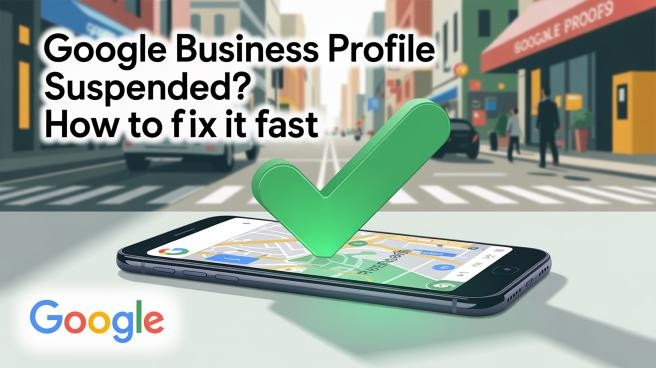
Google Business Profile Suspended? How to Fix It Fast
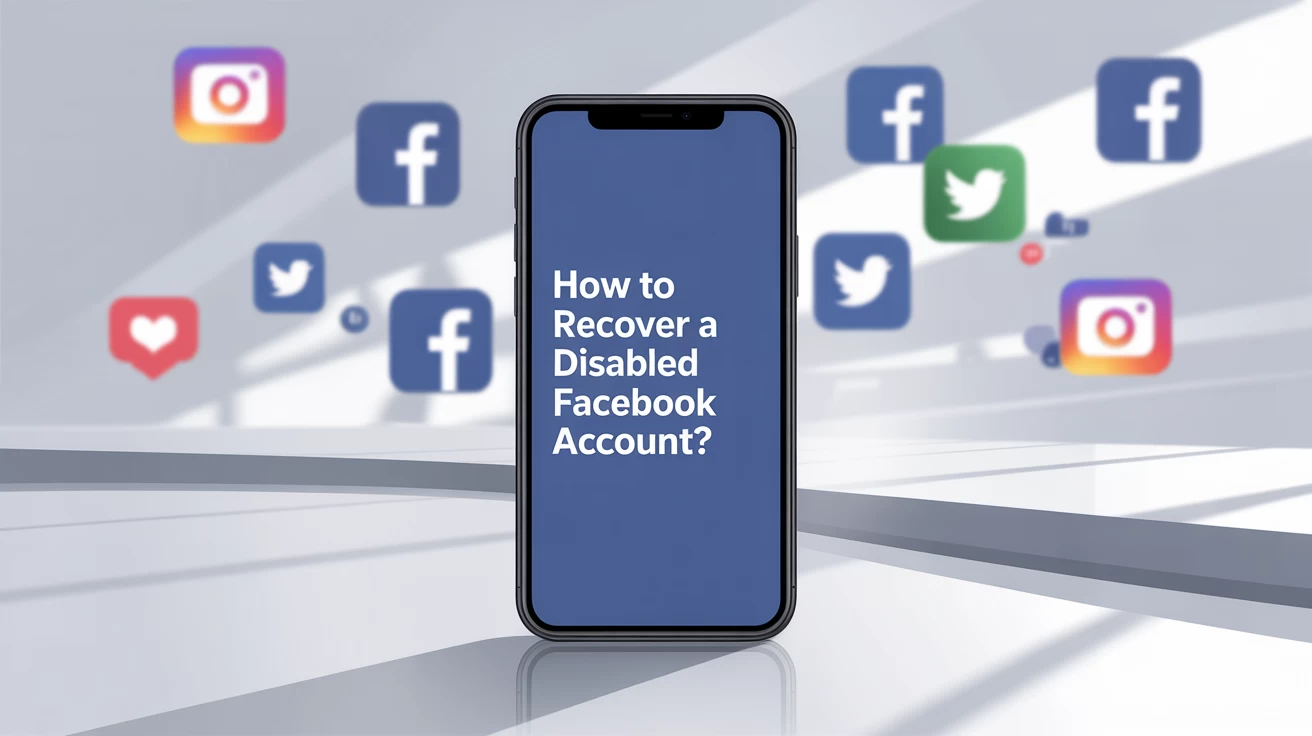
How to Recover a Disabled Facebook Account?

LinkedIn Shadow Ban: How to Avoid and Fix it

How to Recover a Hacked WordPress Website

How to start an IT company in Dubai

Best Ethical Hacking Companies in Dubai

Webflow vs WordPress Which is Better for Website Design?

20 Tips for Effective LinkedIn Marketing in Dubai

Top 10 Software Development Companies in Dubai


What is the Software Development required for Creating Payment Gateways?

How does Google treat AI Content in SEO?

How to create a proper content distribution strategy

How can Brand agencies bring success to B2B Business in the UAE?

Maximize Sales with e-commerce Advertising Strategies

Schema Markup for SEO: Boost Your SERP Visibility with Structured Data

FIVE STRATEGIES TO INCREASE YOUR BRAND LOYALTY

What are the Branding Strategies for a Small Business in the UAE?

How can digital marketing be useful for small businesses?

What are the Things to Consider for Hiring Creative Agencies?
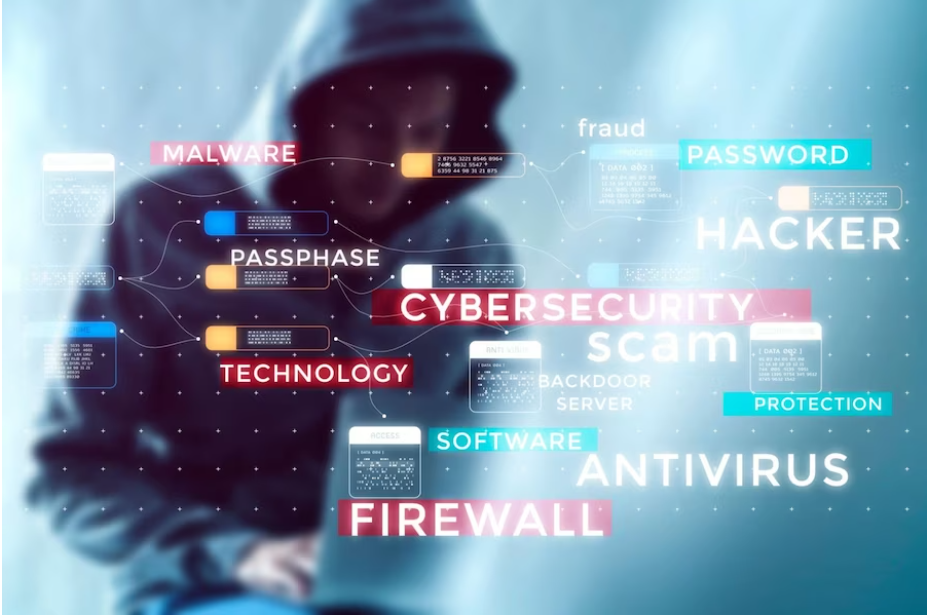
What are the different ways to protect the website from unethical hacking?

What are the mistakes to avoid while customizing a WordPress website?

Why is Website Maintenance important for your Business?

Trends of Future Creative Agencies in UAE

How can AI transform digital marketing in the UAE?
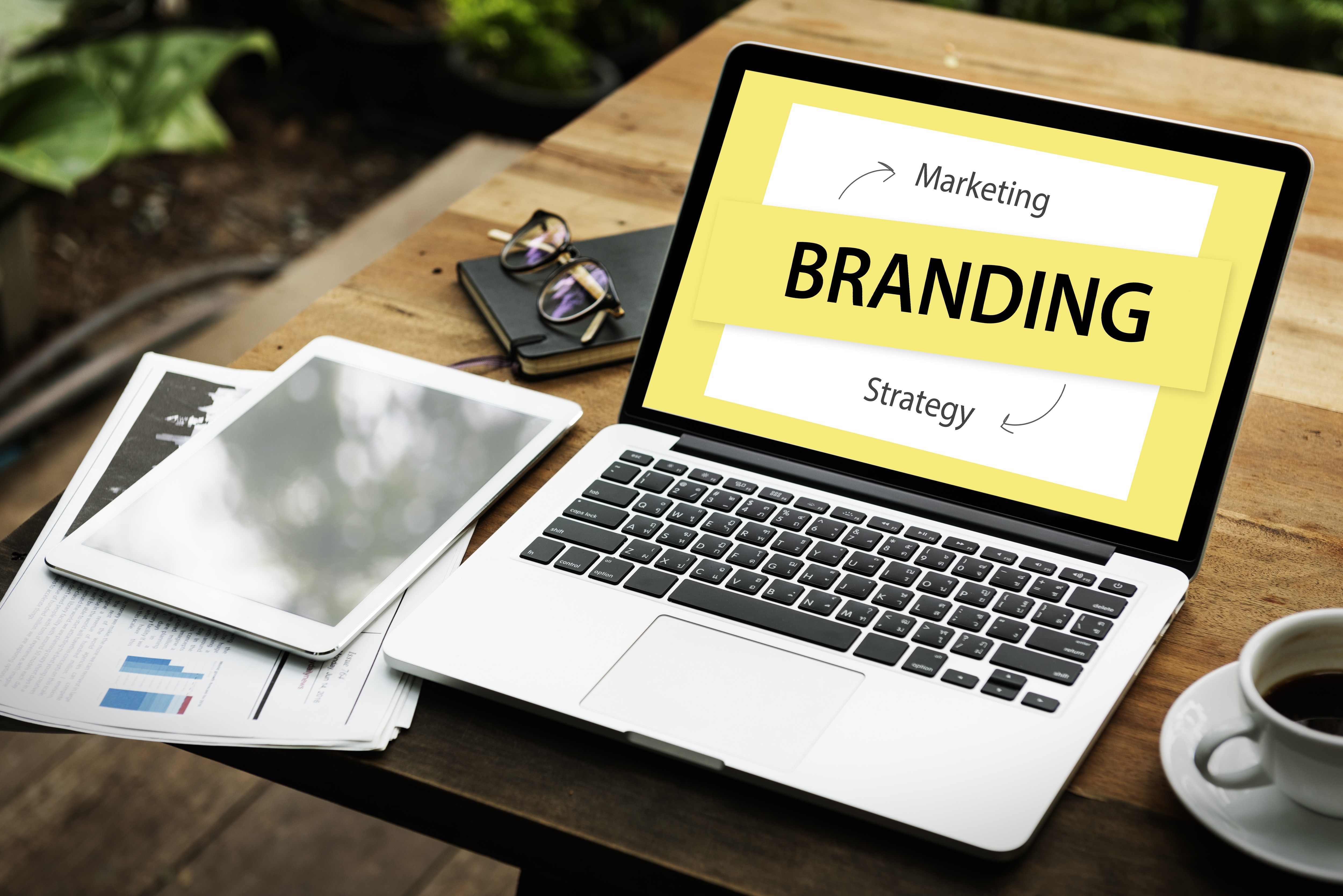


How can a powerful Landing Page Design lead to higher conversion?

Checklist to build a winning e-commerce website


WHAT ARE THE SUCCESSFUL ELEMENTS REQUIRED FOR BRANDING A WEBSITE IN UAE?

What are the best web designing tools that can renovate your site?

What are the web designing strategies that can improve the SEO ranking?

How social media impacts the promotion of the business in the Future?

What is the SEO checklist involved in content writing?

Top Ten Mobile App Development Companies in UAE

How do we choose the best brand name for the business in UAE?
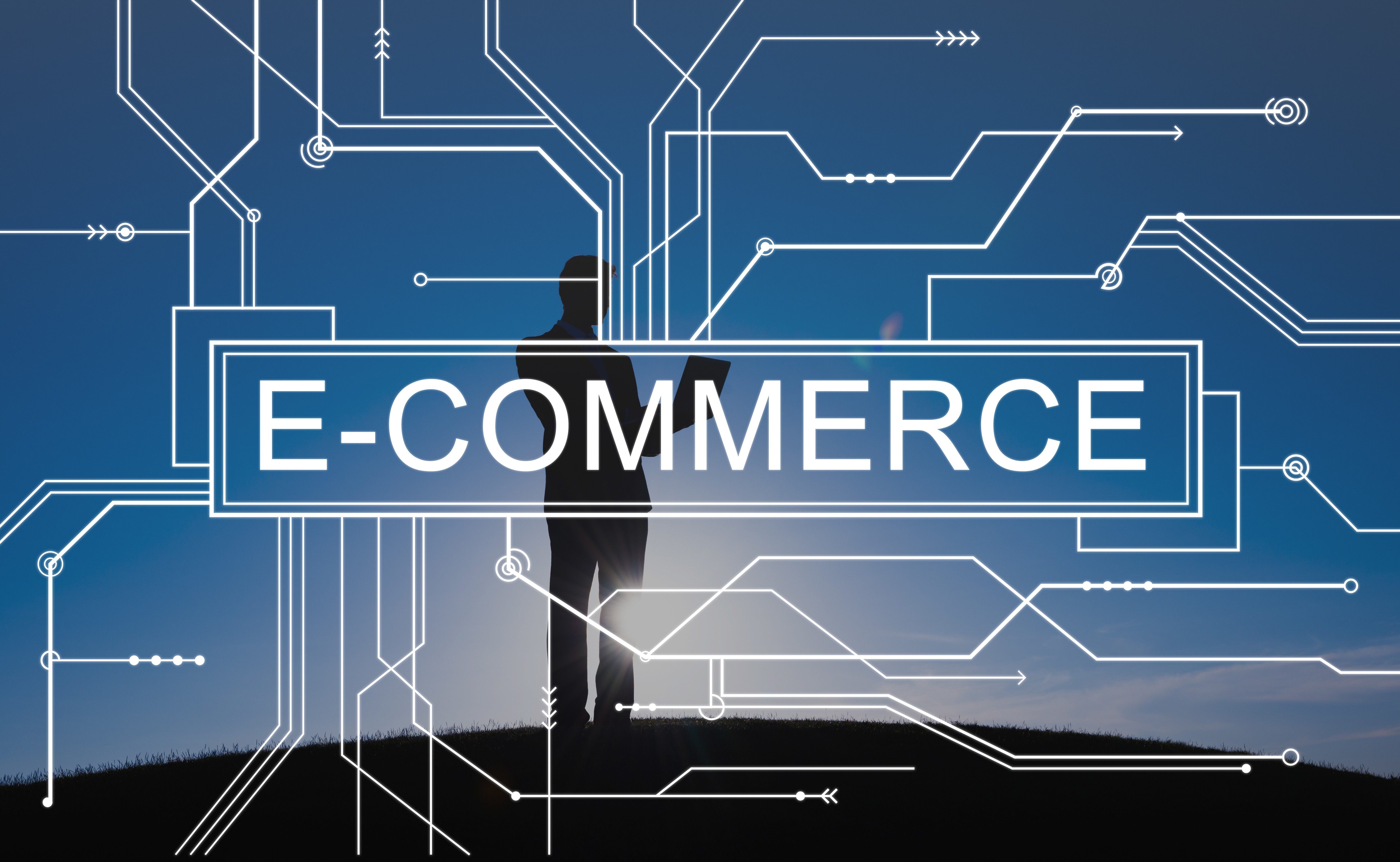
What are the top e-commerce Software Solutions required for the IT industry?

Why is user experience crucial in website development?
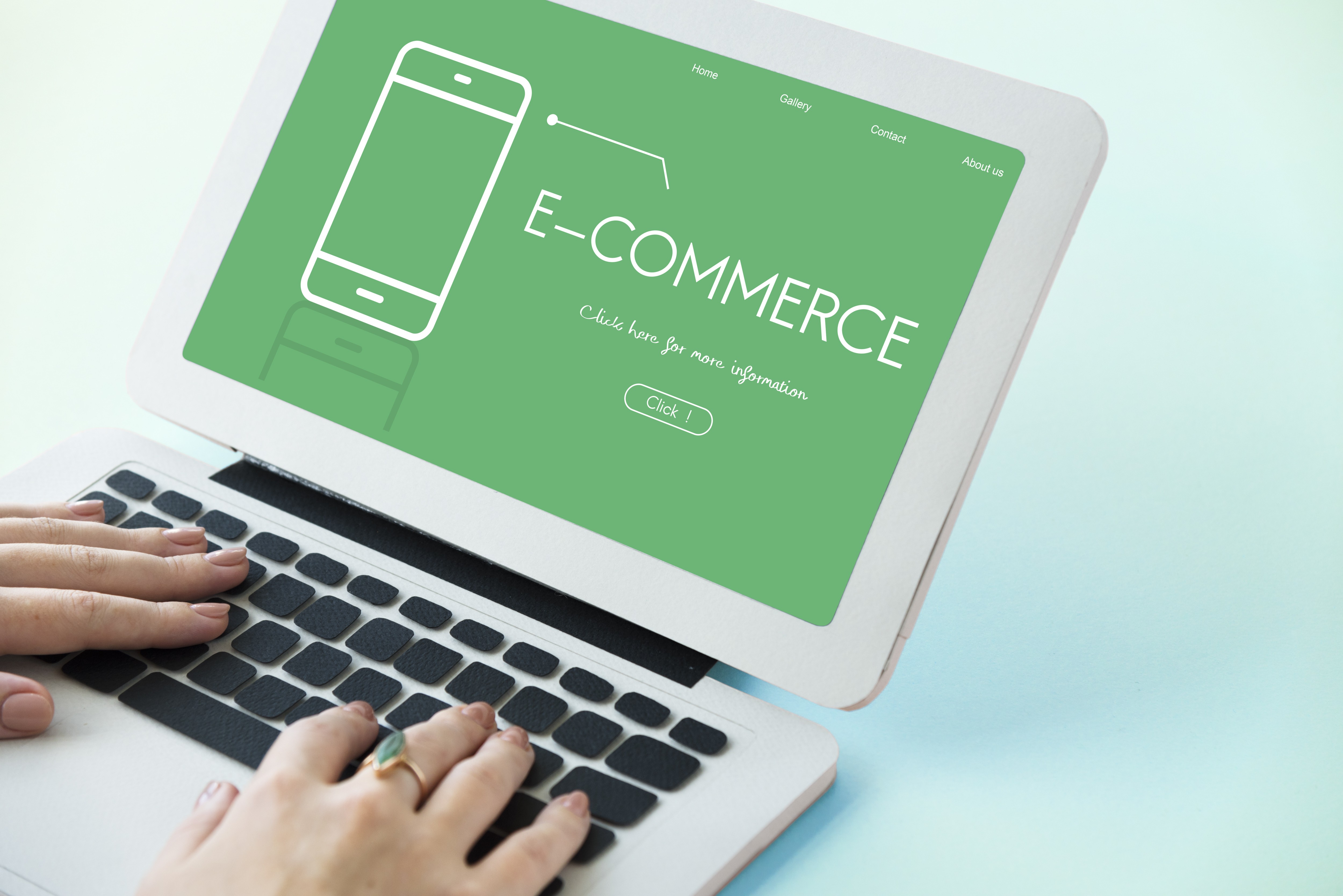
How to Choose the Right Ecommerce Platform for Your Business

How to Optimize Your LinkedIn Profile for Maximum Exposure?

How Can Branding Agencies in The UAE Promote Businesses?
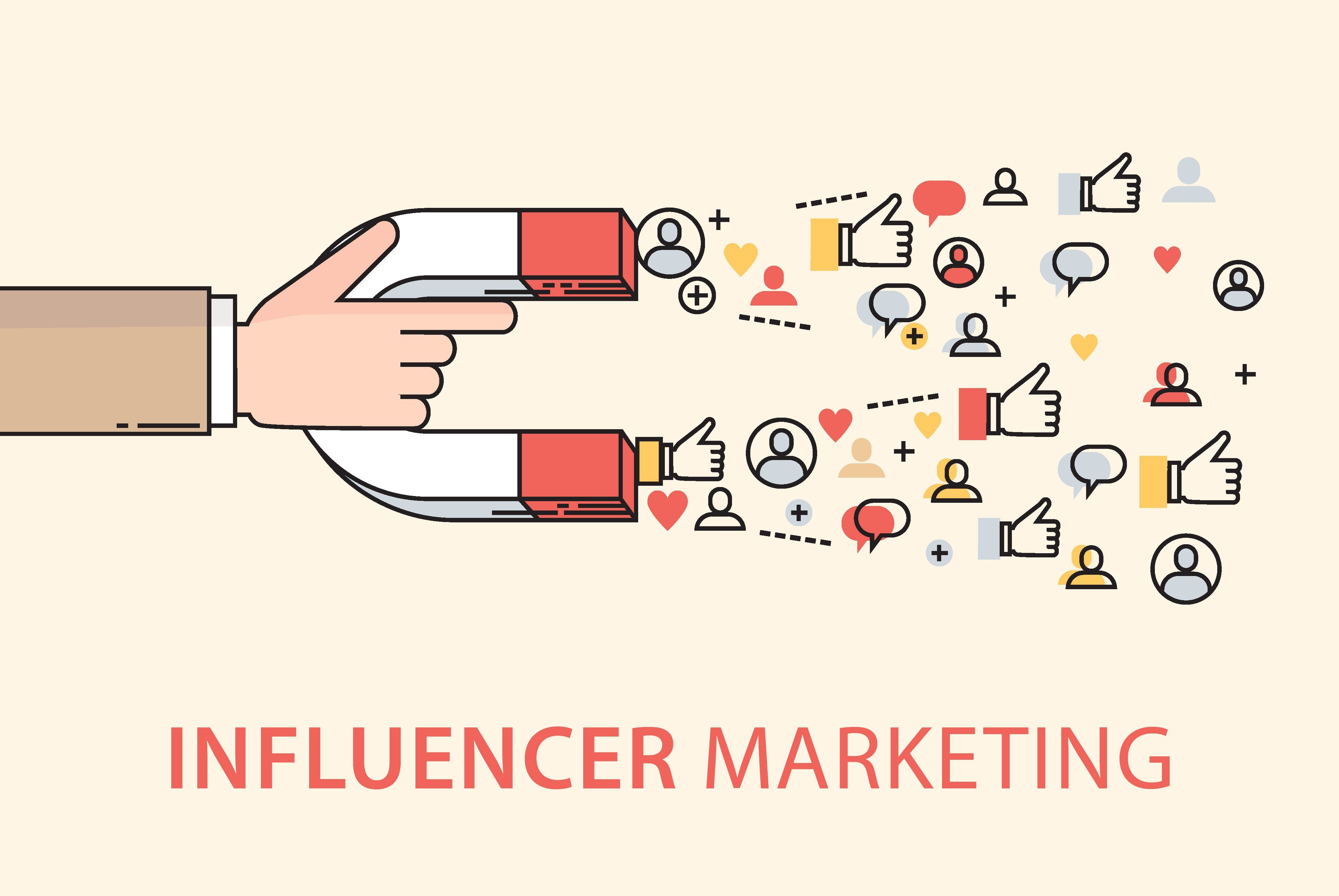

Top 10 SEO Agencies in Dubai

TOP TEN MARKETING CONSULTANTS IN DUBAI

The Top 10 Must Have WordPress Plugins for Your Website
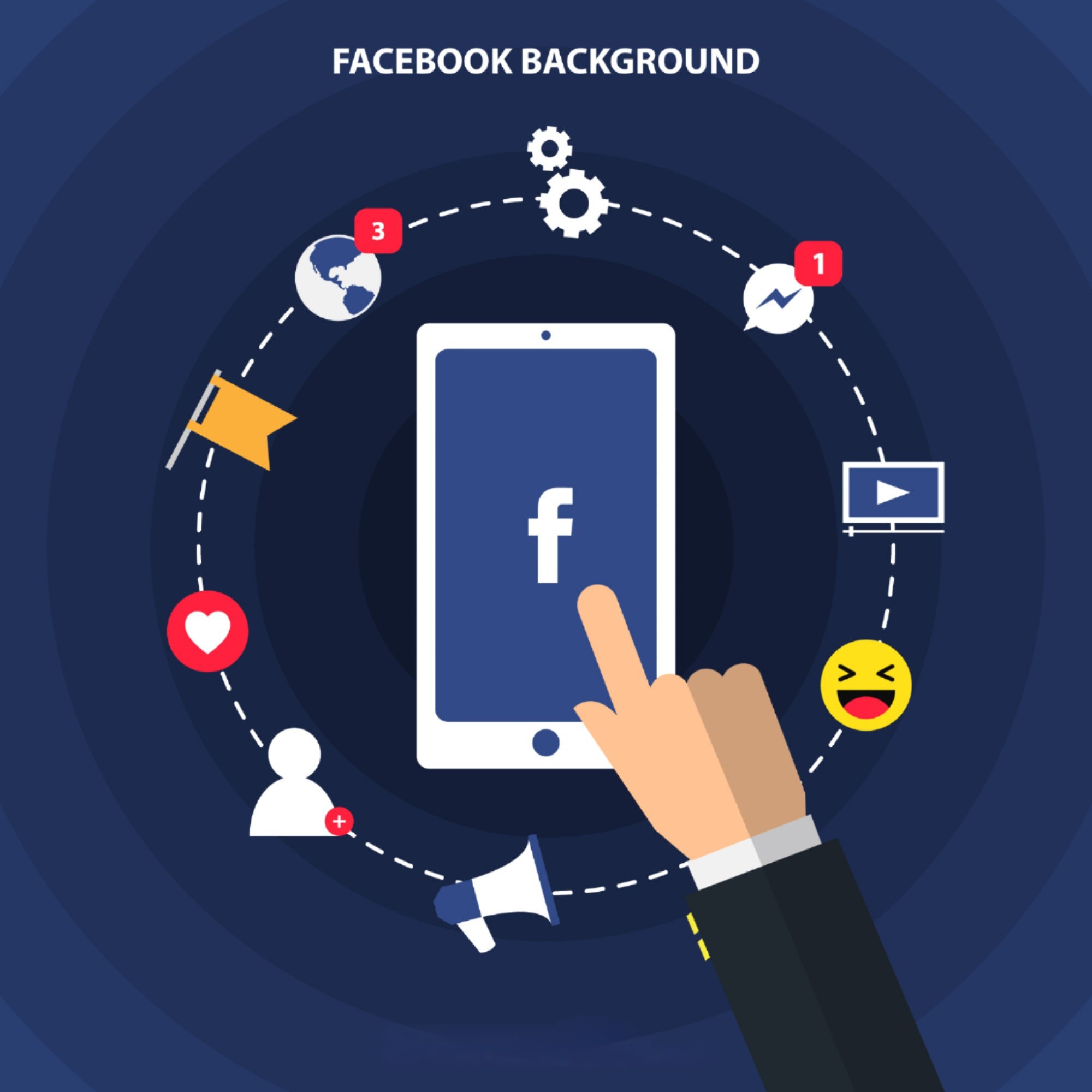
The Future of Facebook Marketing: Trends and Predictions

What are the successful CRM strategies?

Reasons why you should hire a professional branding agency

How Web Development Helps Your Business

How to Grow your digital agency in 2023?

Why Cyber Security is Important for Your Business

Key Factors for Choosing the Right System Integrators
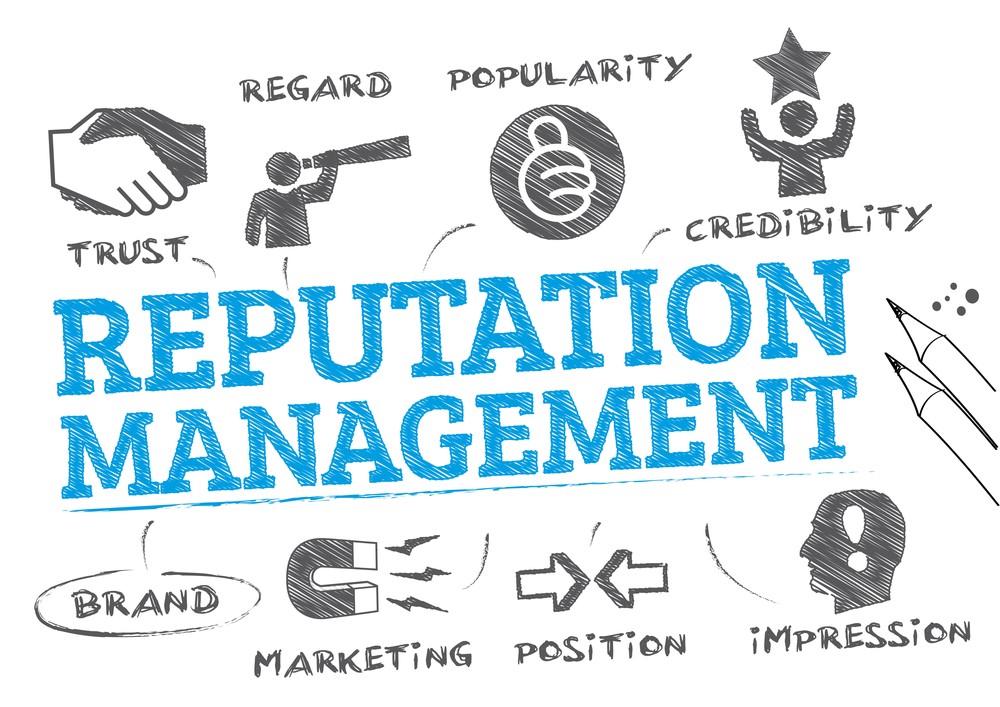
How to Choose the Right Reputation Management Company

How Ethical Hacking is Different from Normal Hacking?

Things to Consider While Choosing a Software Development Company

Top 7 Reasons to Hire a Content Marketing Agency in Dubai

10 Factors to Consider While Selecting Web Designing Companies in Dubai

Importance and Benefits of SEO for Your Business

TIPS FOR CHOOSING A SOFTWARE TESTING COMPANY

Questions You Should Ask Before Choosing A Social Media Agency In UAE
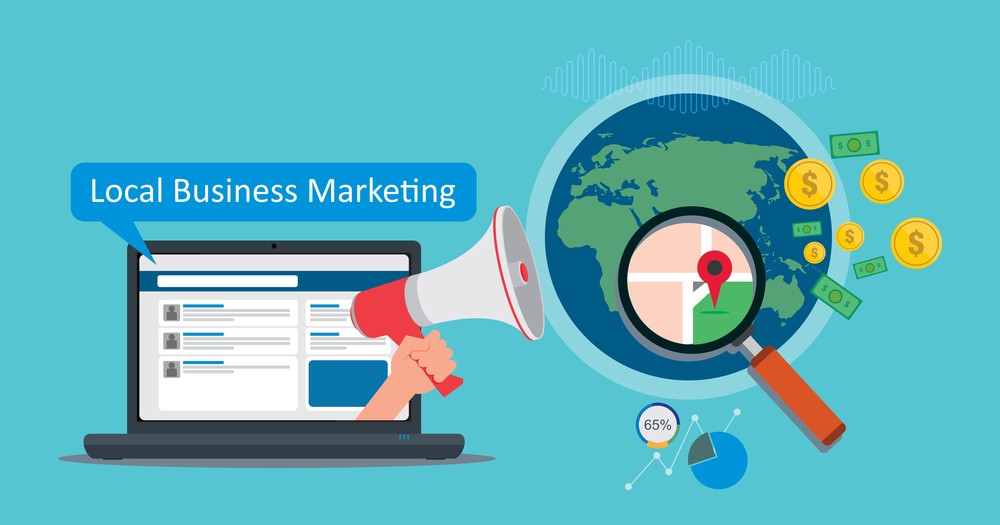
How to Market your Local Business in Dubai?

How to choose a good digital marketing agency for your business in Dubai
